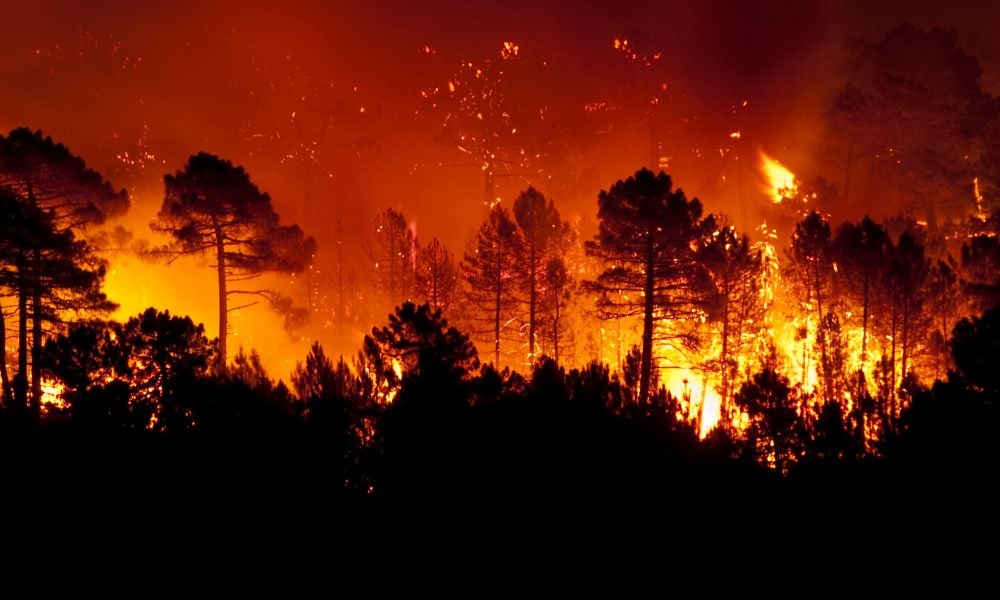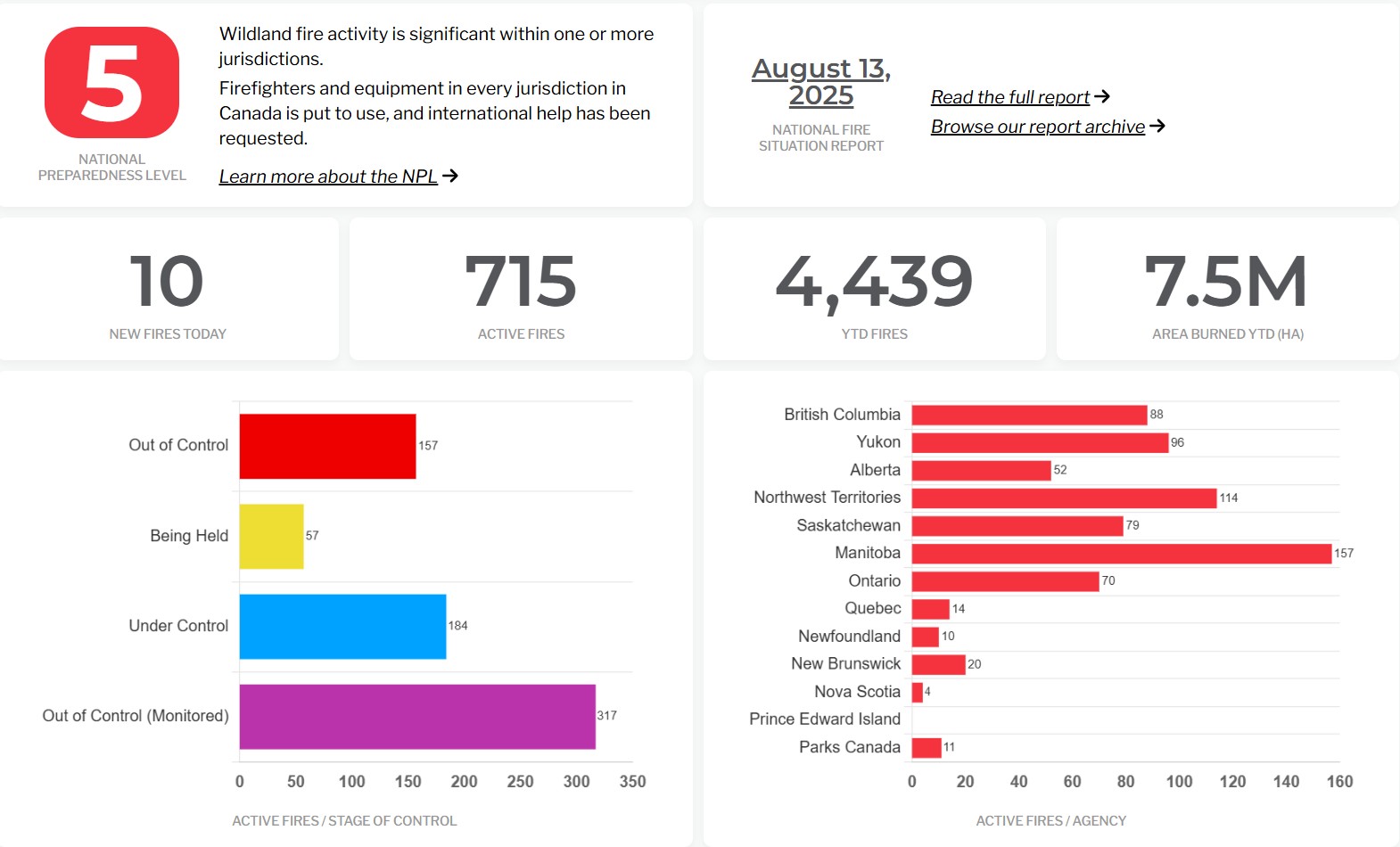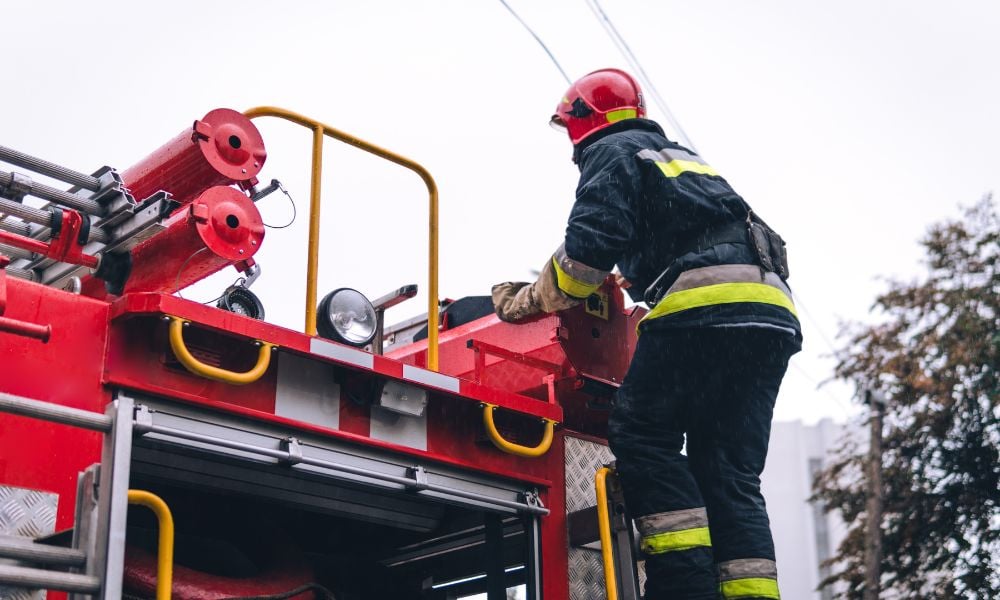Crews have responded to more than 100 fires already during this wildfire season

The Nova Scotia government is urging industrial and agricultural operators on private land to adopt additional wildfire safety precautions as dry conditions persist and firefighting crews respond to multiple fires across the province.
According to the Province, commercial operations such as forestry and mining working on Crown land are already required to follow strict fire prevention measures. These include obtaining a travel permit, restricting work hours to between 8 p.m. and 10 a.m. where possible, keeping fire suppression equipment on site, and maintaining a two-hour fire watch after operations conclude. The government is now strongly recommending that similar precautions be taken by those conducting heavy machinery activities, including agriculture and forestry, on private land.
“Whenever industrial work takes place in our forests on Crown land, there are always safety precautions to reduce the risk of wildfires. We added to those requirements last week given the current conditions,” said Tory Rushton, Minister of Natural Resources. “We’re working with forestry, agriculture and other industries operating on private land to also use those measures until we see the rain we know is needed to counteract these dangerously dry conditions,” the Province stated.
The Province will continue to assess wildfire conditions and adjust its recommendations as necessary . So far this wildfire season, crews have responded to more than 100 fires, and forecasts indicate that dry conditions are expected to continue into next week. The government has issued travel permits to forestry companies and hundreds of other businesses operating in the woods, all with requirements for fire safety .
The Province is reminding all operators that proactive fire prevention measures are essential to protect both workers and natural resources during this period of increased wildfire risk.
As of Aug. 13, there were 715 active fires throughout Canada, 157 of them considered “out of control”.
Among the provinces and territories, Manitoba had the highest number of active fires, followed by Northwest Territories.
Only Prince Edward Island had no registered active fire that day.

The Ontario Federation of Labour (OFL) is pushing for legislation that would provide better protections for workers amid worsening air quality, according to a recent report.




